Berejiklian government poised to lose Nationals seats: YouGov poll
EXCLUSIVE: The Berejiklian government is poised to lose a string of Nationals seats, as new polling confirms support for the government has plummeted in two key electorates. Listen to political reporters Anna Caldwell and Rose Brennan analyse what this means for the election.
NSW
Don't miss out on the headlines from NSW. Followed categories will be added to My News.
- $1.3b hospital at centre of Premier’s campaign launch
- Daley promises to save music festivals and venues
The Berejiklian government is poised to lose a string of Nationals seats, as new polling confirms support for the government has plummeted in two key electorates.
An exclusive YouGov Galaxy poll conducted for The Daily Telegraph shows the Nationals are on the cusp of losing Barwon and Lismore — key battleground seats that could contribute to putting the government in minority.
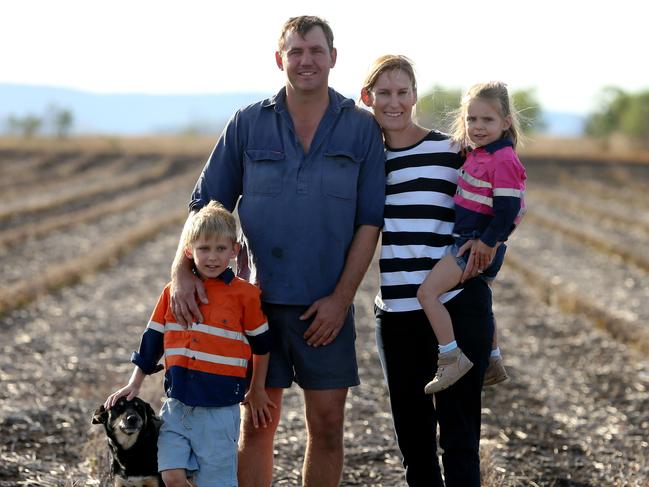
MORE NEWS:
$1.3b hospital at centre of Premier’s campaign launch
NRL to hold urgent talks over SCG turf crisis
Inglis finds love again after splitting from wife again
Today’s poll has the Nationals on track to lose the north coast seat of Lismore and trailing the Labor Party in a tight two-party preferred result of 49/51.
And in Barwon, the Nationals are in a fierce contest with the Shooters Fishers and Farmers Party, who are just trailing the government 51/49 — a narrow win for the incumbents but a result too close for comfort.
NSW ELECTION: EPISODE ONE
The poll is based on a sample of 502 voters in Barwon and 588 voters in Lismore.
Both seats have been ravaged by environmental issues — drought and fish kills in Barwon and flood in Lismore.
And both seats also have retiring members — Thomas George in Lismore and Kevin Humphries in Barwon — an issue that insiders believe has plagued campaigns where voters are connected to their local MP.
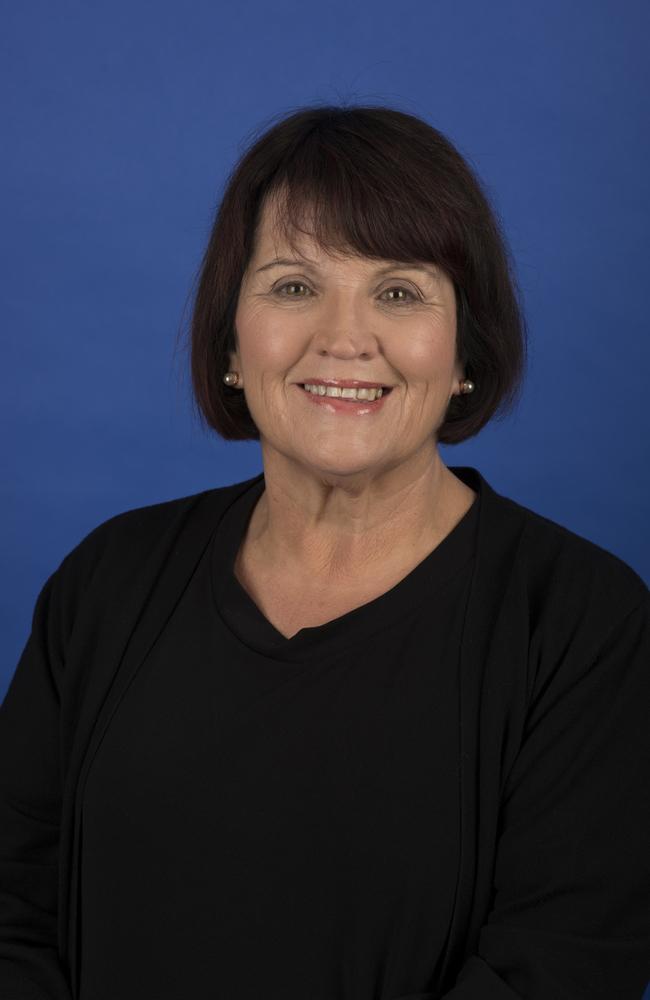
In Lismore, the Nationals primary vote has slumped 7.5 per cent since the 2015 election, to 35 per cent making candidate Austin Curtin’s chances of retaining the seat poor.
However the party still leads on primary votes, trailed by the Greens on 28 per cent and Labor on 27 per cent.
After preferences were allocated by voters in the poll, Labor led in two-party preferred.
However, the result is so tight it could also be the Greens who eclipse the Nationals in the two-party preferred result, depending on the flow of preferences.
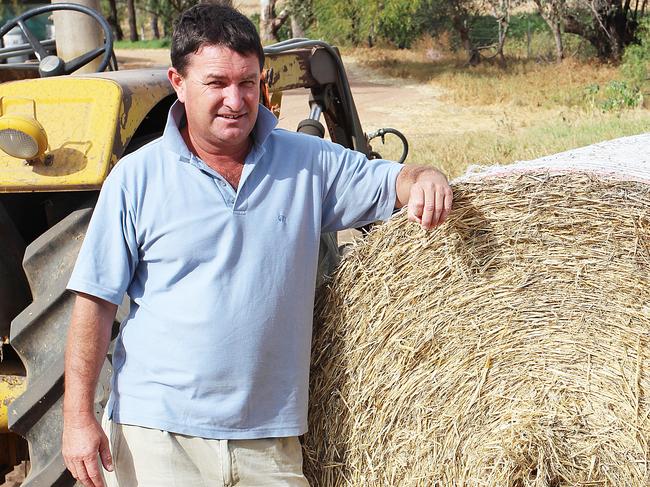
Voters in Lismore identified the environment as their primary concern with 37 per cent of voters nominating this issue.
The next biggest concerns were the economy (23 per cent) and health (16 per cent).
A whopping 43 per cent of voters did not believe the Nationals had introduced adequate flood mitigation measures in Lismore.
In the drought-affected seat of Barwon, the Nationals remain ahead but are at risk of losing to the Shooters Fishers and Farmers party, as the two primary preferred result teeters on 51-49.
This represents a dramatic 11.9 per cent swing from the government.
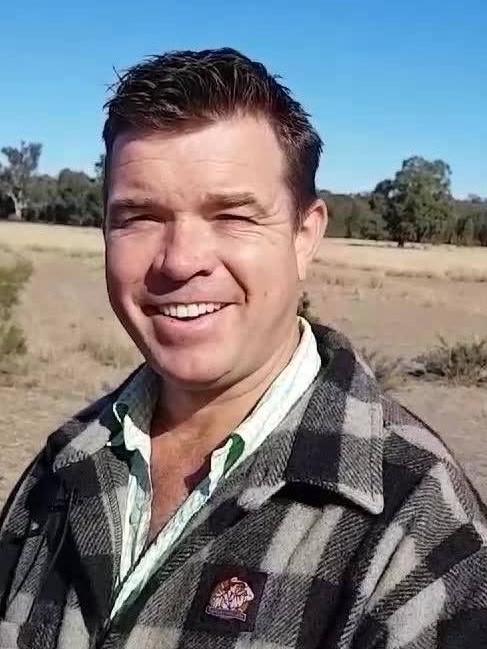
In this result, the Nationals primary vote has slumped by more than 9 percentage points since the last election, from 49.1 per cent under Mr Humphries to just 40 per cent for his successor Andrew Schier.
Primary support is also down for Labor and the Greens, while Shooters candidate Roy Butler is attracting 30 per cent of the primary vote.
The polling identified water management and fish kills as the number one issue of the campaign, with 30 per cent of voters identifying it.
But just one in four voters in Barwon believe the Shooters Fishers and Farmer Party understand their issues better than the major parties.
This suggests their vote is a protest by constituents frustrated the major parties have become disconnected.
The government needs to lose just six seats to find itself in minority government.
In addition to Barwon and Lismore, the government is facing battles in the Nationals seats of Upper Hunter, Tweed, Murray and Coffs Harbour and the Liberal-held seats of Coogee, East Hills, Goulburn and Penrith.
Farming families & country towns count the cost of drought
By Edward Boyd
The drought, inconsistent phone coverage, job security and providing more support for small businesses in regional communities are front of mind for the Lowien family as they decide how to vote ahead of next week’s state election.
Grant and Zara Lowien live and work on their property ‘North Piagardie’, a 7000 acre farm about 22 kilometres east of Bellata, where they run cattle along with growing wheat, chickpeas and cotton.
“Everyone thought last year was bad, but 2019 looks like it will be worse, I don’t know how some people will survive this drought,” Mr Lowien said.
“The effective rainfall has been way down … and the long term forecast doesn’t look good either.”
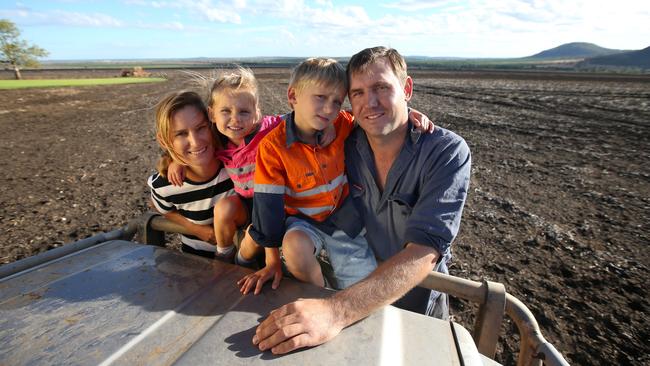
Mrs Lowien said more financial support was needed for small country town businesses struggling to cope with a lack of revenue brought on by the drought.
“When you live in a big city you don’t see how connected the economy is, but in smaller towns, when your main industry is agriculture, all the businesses support it in some way,” she said.
“So when farmers start struggling, it trickles through.”
Mr Lowien said despite a new mobile phone tower being built a few kilometres away from their property, phone reception was still poor.
“We are in an out of phone reception all the time, phone service is well below par … we don’t have a landline here,” he said.
“We had a storm at Christmas time and it was shocking the damage through here, we didn’t have reception for a week, and if you are trying to manage a business it makes it virtually impossible,” Mr Lowien said.
STADIUMS A NO-GO IN THE BUSH
Comment: Anna Caldwell
Voters feel disconnected from Sydney’s economic success story in a string of rural and regional seats.
Today’s poll - where the Nationals have suffered slumps in support and risk losing another seat to the Shooters Fishers andFarmers party - confirms this is a problem for which a reckoning is coming on polling day.
The Liberals see the Nationals as the weakest link as they head towards March 23.
But in truth, it’s more complicated than that.
Anyone who has spent time in these rural and regional seats will tell you that voters are fed up with hearing the Premierand the government always talking about light rail and stadiums.
Sydney issues have dominated the conversation.
And in a world of instant news, it’s easy for far flung electorates to very quickly feel like they aren’t understood on MacquarieStreet.
One of the most interesting figures in today’s poll is that when asked if the Shooters Fishers and Farmers Party understandvoter issues better than the major parties, less than one in four people polled in Barwon said yes.
And yet, the SFF are in striking distance of stealing that seat from the Nationals, trailing them on a razor thin margin of51-49.
What this says is that voters aren’t voting for the SFF so much as they are registering a protest vote against the government.
The results in these seats are tight, and complicated preference flows in the optional preferential system will have an impact,making it even harder for parties to predict outcomes.
These close contests are being played out in a string of seats, Liberal and National.
It is a seat-by-seat proposition for the Berejiklian government.



